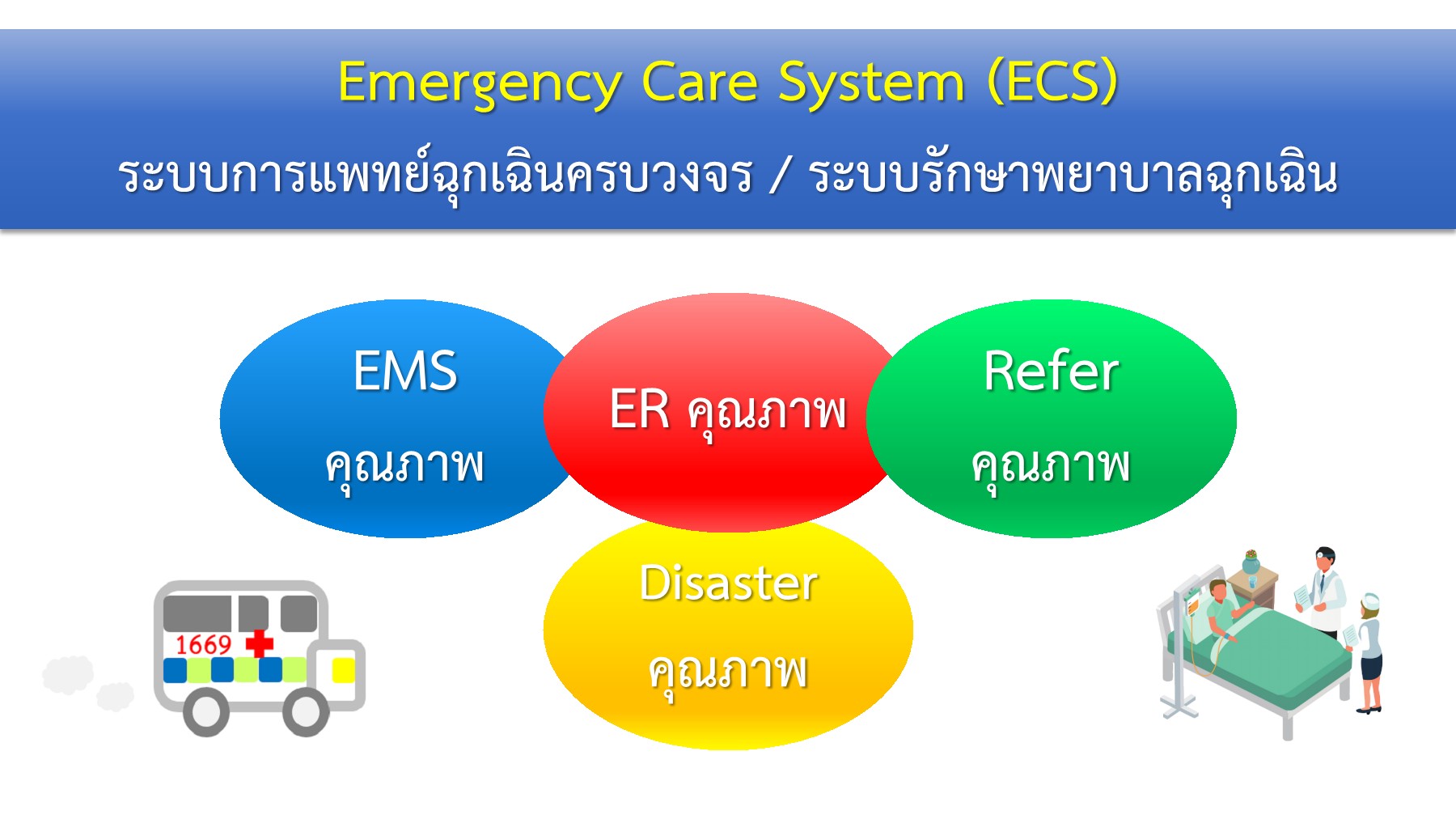How to organize a working emergency care system
Jun 04, 2023
This paper discusses the importance of having an effective and organized emergency care system in place. It explores the need for a comprehensive approach to addressing emergency care, from medical personnel and personnel training to resources required for successful implementation. Additionally, it examines how best to use these resources in order to provide timely response and efficient management of emergencies.
The first step in setting up an effective emergency care system is training medical personnel. Medical professionals require specialized training in order to properly assess, diagnose, and treat any patient’s medical condition. This includes understanding medications and their side effects, as well as basic life support skills such as CPR and AED administration. Additionally, medical personnel must also be knowledgeable about the type of care available at each facility they are working with. This level of training must be continuously updated and monitored to ensure that medical personnel have the necessary knowledge to handle any situation.

Once medical personnel are properly trained, the next step is to assess resources available in order to implement an efficient emergency care system. This includes ensuring that there are enough personnel on-site to provide timely response, as well as sufficient supplies and equipment for proper medical attention. Additionally, hospitals should consider additional resources such as health insurance reimbursement policies or access to community resources in order to help cover costs associated with providing emergency care services.
Finally, it is important for a hospital or healthcare facility to have effective communication systems in place. This means having up-to-date contact information for all relevant stakeholders including patients, family members, medical personnel, and other supporting individuals. Additionally, communication between all parties must be maintained regularly in order to ensure proper coordination of resources and services. Finally, an organized emergency care system should also include a comprehensive plan for follow-up treatment and evaluation after the initial response phase is complete.
In conclusion, having an organized emergency care system in place is essential for providing quality healthcare services in times of crisis. It requires proactive planning on behalf of hospitals or healthcare facilities in order to ensure that adequate resources are available when needed. Furthermore, it necessitates continuous training and assessment of medical personnel as well as effective communication systems among all involved parties.
